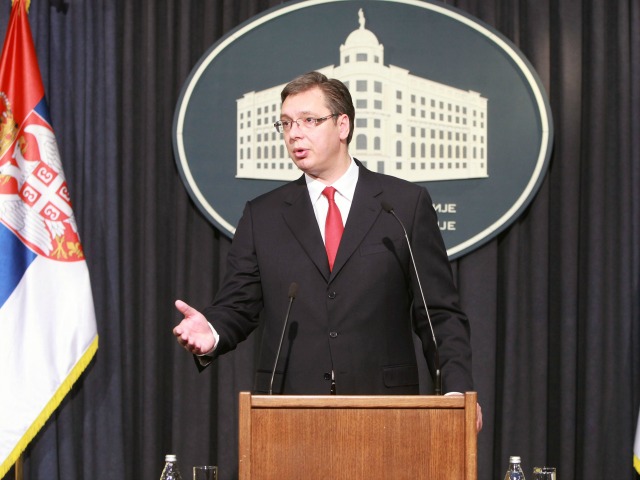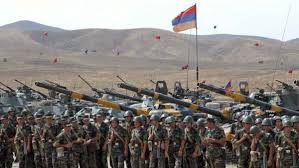Download PDF :


Indian Express, September 21, 2016
Pakistan’s lack of will in dealing with insurgents stems from its ‘India phobia’, its military and civilian tensions and its trust deficit with neighbours, Afghanistan’s foreign minister has said while demanding the dismantling of ‘safe havens’ in Pakistan to defeat terrorism.
“The way Pakistan behaves is because they have India phobia, there are military and civilian tensions and there is trust deficit between Afghanistan and Pakistan,” Salahuddin Rabbani said here when asked what motivates Pakistan in dealing with insurgent groups and its “lack of will” to help deal with Taliban and other terror groups.
In a talk at the Council on Foreign Relations on Tuesday, Rabbani said out of these three reasons, Afghanistan and Pakistan can work on the issue of the trust deficit.
“After the formation of the national unity government, we did our best to go and work with Pakistan and we tried to open a new chapter of relations. On India phobia and the military and civilian tensions of the Pakistani leaders, this is something that they (Pakistan) have to sort it out,” he said.
He said Afghanistan does not expect the violence and terror to subside anytime soon “as the Taliban and affiliate groups are sustained with logistical, financial and material support from elements in Pakistan.”
Kabul has repeatedly underscored that terrorism will not be defeated in Afghanistan or elsewhere “as long as the distinction between good and bad terrorist continues” coupled with the lingering problem of terrorists’ safe havens and sanctuaries which remain unaddressed.
“As our fight against terrorism continues, we have not closed the widow of opportunity for peace and reconciliation with the elements of armed opposition ready to give up violence. Yet we know that any prospect for the success is strictly contingent on the extent to which the government of Pakistan is ready and willing to clamp down on extremist groups,” he said.
On the safe havens provided to terror groups in Pakistan, he said the spike in violence in Afghanistan shows that terror groups have continuous support “from somewhere” otherwise they would not have been able to fight in several provinces at the same time.
“We saw where their leader (Mullah Akhtar Mohammad) Mansour got killed,” he said referring to the Taliban leader killed in an airstrike in Pakistan in May this year.
“Their sanctuaries, bases are somewhere in Pakistan. The Pakistani leadership should take this seriously and should make sure that these groups don’t operate in those areas,” Rabbani said.
Afghanistan is concerned about the sanctuaries and safe havens that the terror groups enjoy in Pakistan, with Rabbani hoping that the government in Pakistan “will take this issue seriously.”
Rabbani said the US can play a role in persuading Pakistan to “change course and act in good faith.”
He noted that despite the fact that peace efforts with the Taliban have not met with desired results, Afghanistan is optimistic about making progress in talks with Gulbuddin Hekmatyar, the former prime minister of Afghanistan and founder and active leader of the Hezb-e Islami group.
“This is an important development,” Rabbani said. On whether Afghanistan has a vision on how it will manage its ties with India and Pakistan, he said Kabul’s relation with one country is not at the expense of its relations with any other country.
“If you are close with one country, it does not mean we are moving away from other countries. We want to have good relations with all the countries in the region, that includes Pakistan and India,” he said.
 BOSNIA MAYOR AND SERBIAN PM APPEAL FOR PEACE
The Balkans
22.09.2016
BOSNIA MAYOR AND SERBIAN PM APPEAL FOR PEACE
The Balkans
22.09.2016
 AZERBAIJAN CONDEMNS ARMENIA’S DRILLS IN OCCUPIED AGHDAM
The Caucasus and Turkish-Armenian Relations
22.09.2016
AZERBAIJAN CONDEMNS ARMENIA’S DRILLS IN OCCUPIED AGHDAM
The Caucasus and Turkish-Armenian Relations
22.09.2016




























